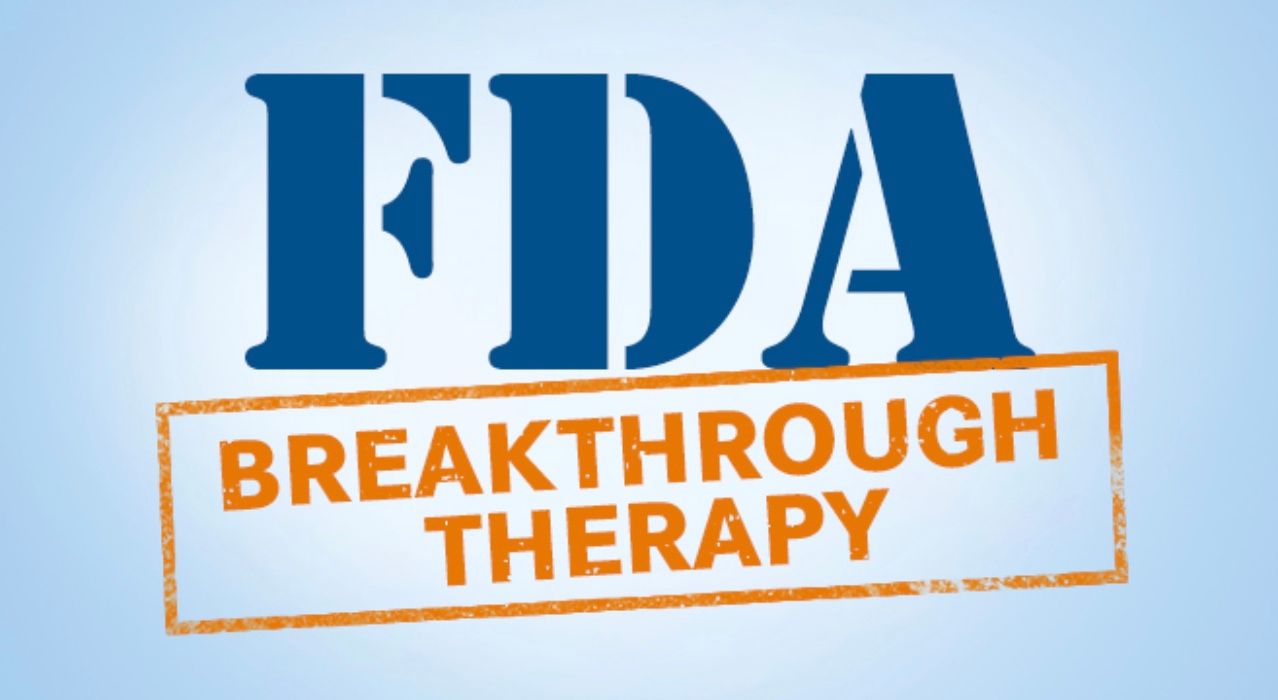
CytoDyn Inc. (OTCMKTS: CYDY) announced excellent preliminary results from its Phase 1b/2 clinical trial in metastatic triple negative breast cancer (mTNBC) that were well beyond the parameters needed to achieve ultimate approval if looking at historical controls. They had a 450% increase in overall survival (OS) at the 12 month point. Since this was a Phase 1a/2 study which has no control so this increase in OS is calculated off of a historical control. However, when Phase 1b/2 studies are this strong in a disease with an unmet medical need the company will typically apply for breakthrough therapy designation (BTD). The challenge for the company in communicating that message was that they already announced that they applied in January of 2020. This is probably why the headline announcement had such qualifying language. The result of that filing for the BTD was feedback from the FDA in mid-2020 that the company should send them more data for consideration.
“CytoDyn will seek FDA guidance on proceeding with an expedited regulatory plan for approval of leronlimab with existing FDA Fast Track designation for mTNBC”
This headline was written by an attorney to accommodate the fact that they already filed for a BTD, and since it was never rejected it remained officially open. This would make a headline that they plan to file a BTD technically inaccurate. Since they are already fast tracked the only expedited approval higher is a BTD. So the language they used was just a clever way of saying BTD without upsetting the FDA. So they are essentially repackaging these results for the FDA to have a fresh look at their data. The next step in the process after the FDA reviews the data is for the FDA to rule on the designation and provide guidance for continuing the trial or an approval.


Trial Design
There’s a little bit of an apples-to-oranges comparison, though Trodelvy’s inclusion criteria specified mTNBC patients with exposure to at least two systemic chemotherapies (3rd line treatment), but also included those with unresectable locally recurrent cancer, as opposed to purely the more aggressive, metastatic tumors that CytoDyn’s leronlimab included. CytoDyn treated first-line patients, which means that they might have disease potentially less resistant to chemotherapy, but this also opens up a much larger market for CytoDyn. Additionally, CytoDyn did enroll patients exposed to chemo as chemo was used as an adjuvant or neoadjuvant (after or before surgery). So, the cancers must have been somewhat resistant to chemo already. Lastly, CytoDyn did not exclude patients with brain metastases if they were stable (treated or untreated), whereas Trodelvy’s phase 3 trial did.
CytoDyn stated that the patients similar to those enrolled in its trial typically have a mPFS of about 2 months, whereas a review of first-line mTNBC treated patients in the “real world” showed that the mPFS was 4.2 months. So, there might be a difference in the patient baseline characteristics that we cannot see, since CytoDyn stated 2 months as the typical mPFS. Either way, this represents an improvement over standard first-line therapy.
Since the true composition of patients is unknown, it gives rise to speculation in the other extreme, that 21 patients were compassionate use which means that they weren’t recruited in the phase 2 or the basket trial. If that was the case, then, this data is going to cause a stir around the world as being a game changer in cancer. Compassionate Use patients typically have a greater than 50% chance of death and in cancer that outcome is expected in the coming days to weeks. If this group of patients responded after just one dose it’s unfathomable that the FDA would not respond in a decisive fashion issuing a BTD.
The bottom line is that this therapy appears to work and it could be a very important first-line, well tolerated drug in the arsenal to combat mTNBC. Median overall survival (mOS) for this group tends to be 8-13 months even with multiple therapies administered, and CytoDyn is sitting at least 12 months at its interim readout. This just demonstrates yet another approvable endpoint.





